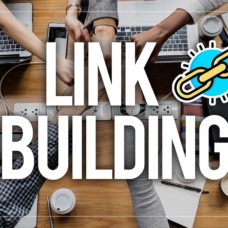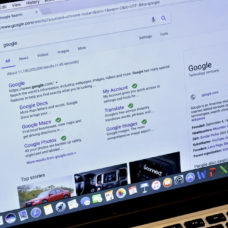In March 2020, Google announced plans to enable mobile-first indexing for all sites in Search by September 2020.
At the time, the search giant pointed out that most sites shown in search results were good to go for mobile-first indexing. What’s more, 70 percent of websites that Google displays on its SERPs had already shifted over.
“To simplify, we’ll be switching to mobile-first indexing for all websites starting September 2020,” wrote developer advocate at Google, John Mueller.
Shortly after the announcement, the world got knee-deep in the coronavirus pandemic, and the lockdowns followed. As a result of these uncertain circumstances, the search and advertising giant has now decided to delay mobile-first indexing.
In its blog post announcement, a part of Google Mobile-First Indexing team, Yingxi Wu wrote:
“We realize that in these uncertain times, it’s not always easy to focus on work as otherwise, so we’ve decided to extend the timeframe to the end of March 2021.”
As said earlier, most websites have already switched over. The process has been incremental, with new sites defaulting to mobile-first indexing since July 2019.
However, if your site hasn’t automatically migrated over, you may want to look into the following issues.
5 Ways to Prepare for Google’s Mobile-First Indexing

1. Matching Robots Meta tags on Mobile and Desktop Versions
Ensure that you have the same robot meta tags on both mobile and desktop versions of your site.
For example, your site’s mobile version could have a noindex or nofollow, while your desktop version doesn’t. In this case, Gooogle may fail to index or follow your page when your site is enabled for mobile-first indexing.
2. Follow Best Lazy-Loading on Mobile Version
Google recommends following the best lazy-loading practices.
More specifically, it suggests that publishers avoid lazy-loading their primary content based on user interactions that the bot can’t trigger. These include clicking, typing, or swiping.
Since the Googlebot can’t click the “+” icon on your page to see more content, it simply won’t index it.
3. Be Aware of What you Block
If you want Google to crawl your site, you must be aware of what you may have blocked with your robots.text file.
For example, the search engine bot won’t render your pages correctly if you block the URLs of .css files. This can, in turn, harm your ranking on search results.
Likewise, blocking the URLs of images will prevent your photos from appearing in Google Images.
4. Post the Same Content on Mobile and Desktop
Mobile-first indexing means Google will only use the content on the mobile version for indexing and ranking. So, if your desktop site has more content than the mobile, you could lose some search traffic.
Check that the content on both mobile and desktop versions of your site are the same. Also, Google recommends using the same meaningful headings.
“Missing meaningful headings may negatively affect your page’s visibility in Search because we might not fully understand the page.”
5. Check Your Images and Videos
The images and videos on your mobile version should follow the best images and video practices. Google recommends that publishers perform the following checks:
- Image quality
- Alt attributes for images
- Different image URLs between desktop and mobile version
- Video markup
- Video and image placement
The announcement suggests that you no longer have to prepare ahead of September 2020.
But, it would be best if your site is ready for mobile-first indexing before next March. Migrating before the deadline implies that Google feels your website is ready. So, the switch over won’t harm your ranking.



















Comments (0)
Most Recent